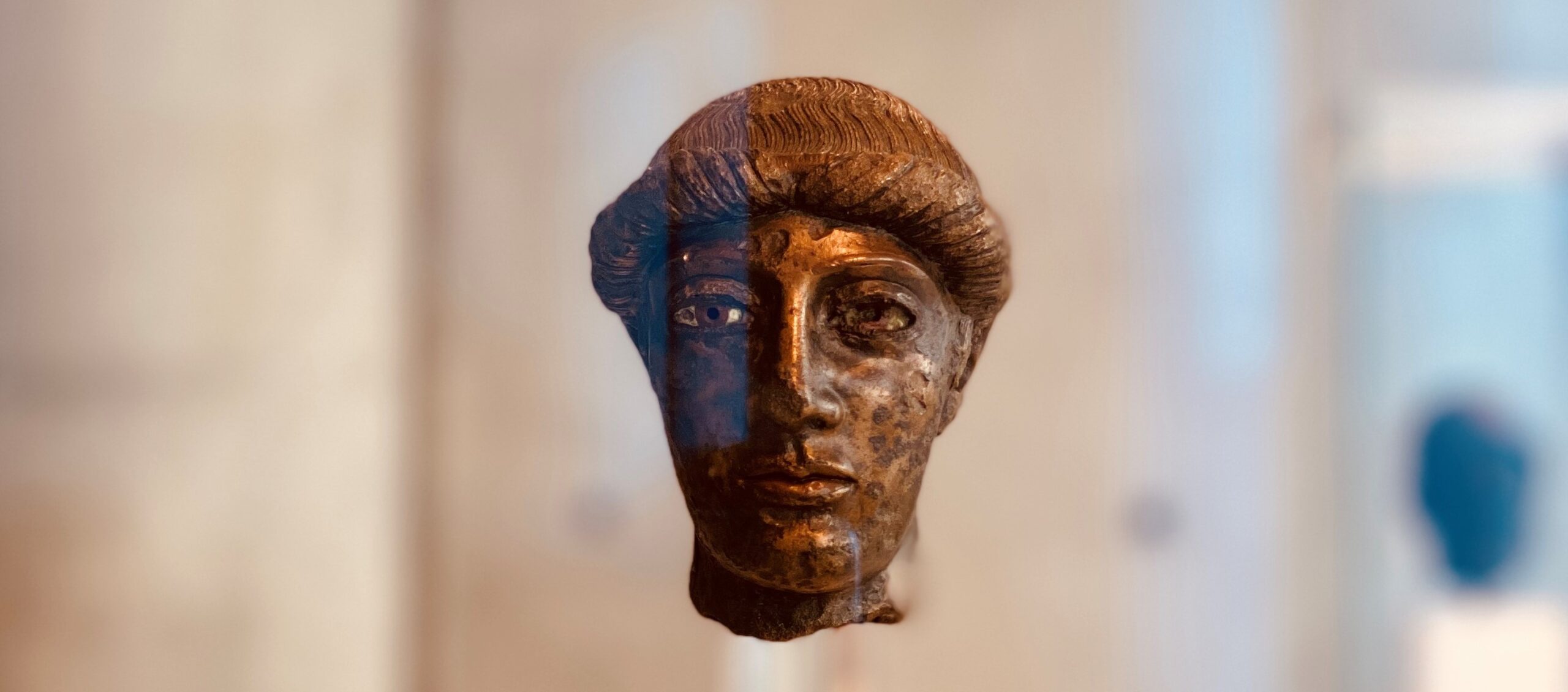Viral videos of white people berating non-English speakers have been going their rounds on social media as of late. It is a distressing and appalling trend that largely aims to discriminate. There is no other excuse for this rude and insufferable behavior. But I should not look farther than my own country for traces of this discriminatory practice. Filipinos are known for having such high regard for the English language. Anyone who can speak English with a hint of a twang is seen as superior no matter how phoney it makes the person sound. I for one was guilty of being critical of a person’s ability to express himself in English. I used to be what one would call a grammar nazi. Moving around and travelling to different places made me realize that perfect English will not be able to buy me une verre de bière dans le sud de la France par example (a glass of beer in the south of France for example) or tell the taxi driver in Hong Kong to stop unless I say lido lido (here here) because somehow taxis there still do not have GPS. It’s a humbling experience being at the mercy of kind strangers trying their best to comprehend one’s attempt to use sign language to get out of a tricky situation. Since then, I have learned to appreciate other languages and be proud of the languages I’ve been taught growing up.
In my Linguistics 1 course my second semester in UP, I learned that what we had originally construed as dialects in the Philippines are actually languages in that they have both spoken and written forms. Dialects are mainly different variants of a language. Given that definition, I speak four languages with great eloquence – English, Filipino, Bisaya and Hiligaynon, and one with elementary fluency – French. This does not make me special however because in the town where I grew up, everybody knows how to speak at least two of the first four I’ve mentioned. I find that people who can switch between two languages, regardless of fluency, have sharper minds and possibly have greater capacity for empathy because they would understand how difficult it is to be misunderstood in a language that is not their mother tongue.
This is why the racist karens and trumps of the world obnoxiously telling people to speak English or go back to their native countries are pitiable. They have a narrow understanding of the world beyond their white-ass suburbs and a very limited grasp of the transcendental power of language so they resort to hating what they do not know. The most interesting people I’ve met are the ones who came from diverse backgrounds and English was not necessarily their first language.
Language should unite rather than divide. It is a tool first and foremost to foster communication between people. How it became a measure of one’s intellect is a product of years of colonization, at least in the Philippines I think. Over one hundred years of independence did not necessarily free us from the colonial mentality ingrained in the fabrics of our being.
Advances in modern technology are now allowing us to access materials that will let us see the world without stepping out the door, we shouldn’t let the opportunity go to waste. There are so many beautiful languages in the world and if I can learn them all I would. For now, I can guaranteed utter crisp profanities in at least five so ‘wag mo akong subukan (don’t you dare). Chos!

